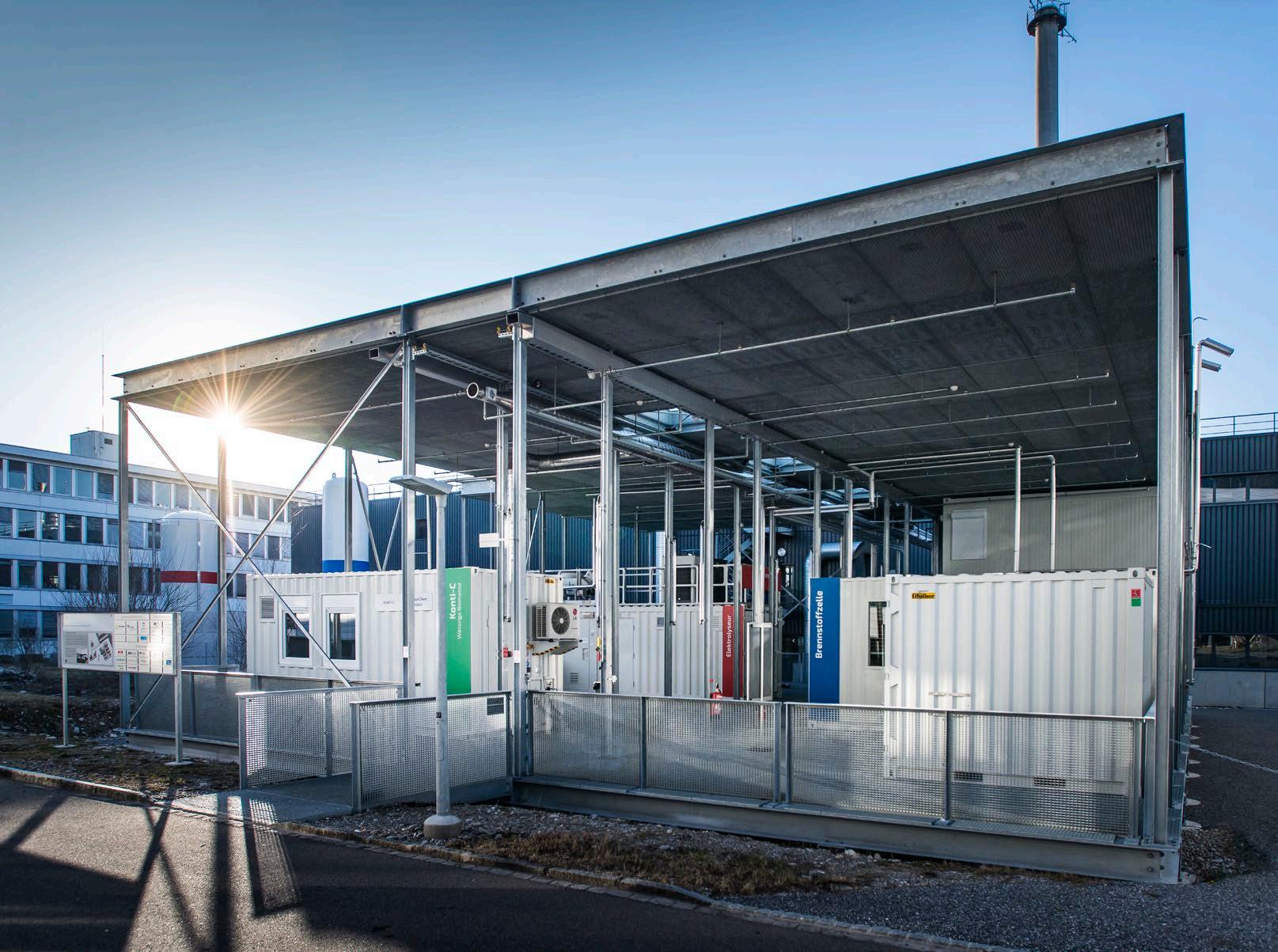Climate change is one of the major challenges of our time. Switzerland wants to be climate-neutral by 2050 – emitting no more greenhouse gases than can be stored naturally or by technical means.
That calls on us to rethink our energy production and use – moving away from fossil fuels and towards climate-neutral energy sources. How can Switzerland best prepare for a climate-neutral energy future? Researchers at PSI are seeking the answers.
PSI in brief
With 2300 employees and an annual budget of 460 million Swiss francs, PSI is the largest research institute for natural and engineering sciences in Switzerland. It is the central location of Switzerland’s large research facilities. As part of the ETH Domain, PSI is a key pillar in the Swiss research landscape and conducts cutting-edge research in the fields of Future Technologies, Energy and Climate, Health Innovation and Fundamentals of Nature.
By collaborating with industry, PSI strengthens the innovative power of Switzerland as a business location. Additionally, through the founding of spin-offs, PSI transfers its latest scientific findings directly into the economy. PSI is already investing today in the experts of tomorrow: around a quarter of PSI employees are postdoctoral researchers, PhD students or trainees.
Research at PSI — Energy and climate
Contact
Paul Scherrer Institute PSI
Forschungsstrasse 111 5232 Villigen PSI
Switzerland
+41 56 310 21 11
www.psi.ch
Head of Communications
Mirjam van Daalen
+41 56 310 56 74 mirjam.vandaalen@psi.ch
The safe use of nuclear energy and the holistic assessment of energy systems are two key areas of energy research at PSI.
ESI platform
Researchers at PSI use the test platform ESI to make energy storage technologies and energy production processes more efficient and to explore various fields of applications. The platform makes it possible to test promising approaches for integrating renewable energy sources and solving the problem of electricity surpluses during peak times.
In addition, the ESI platform offers the opportunity to investigate how energy carriers can be obtained from biomass, for example, from organic waste, sewage sludge, or energy crops.
Researchers at the ESI platform, in close collaboration with partners from industry, are paving the way for promising solutions to advance towards commercial applications.
Safe and reliable
Researchers investigate the processes in nuclear power plants, focusing particularly on the fuel rods and material changes caused by radiation, to ensure safe operation.
Research is also being carried out to determine how radioactive waste can be stored safely over long periods of time. In addition, the researchers analyse national and international energy systems to provide a basis for decision-making regarding the design of future energy supplies.
1 PSI provides the scientific basis for the safe operation of nuclear power plants and storage of the resulting radioactive waste. The latter includes examining soil samples for the Swiss nuclear waste repository. 2 Through its modular construction, the ESI platform offers ideal conditions for exploring different components of our energy supply, either in isolation or as they work together. 3 In the Laboratory for Atmospheric Chemistry, researchers analyse, among other things, components of our atmosphere – aerosols, for example – and their effect on the climate or human health.
Solving mysteries of the atmosphere
The more we know about the climate, the better we can understand how it is changing and what influence we humans have on it. The climate is tightly linked to what happens in our atmosphere. That is why researchers at PSI, using stateof-the-art methods, investigate processes in the atmosphere and analyse factors that affect the climate or are relevant to human health.




